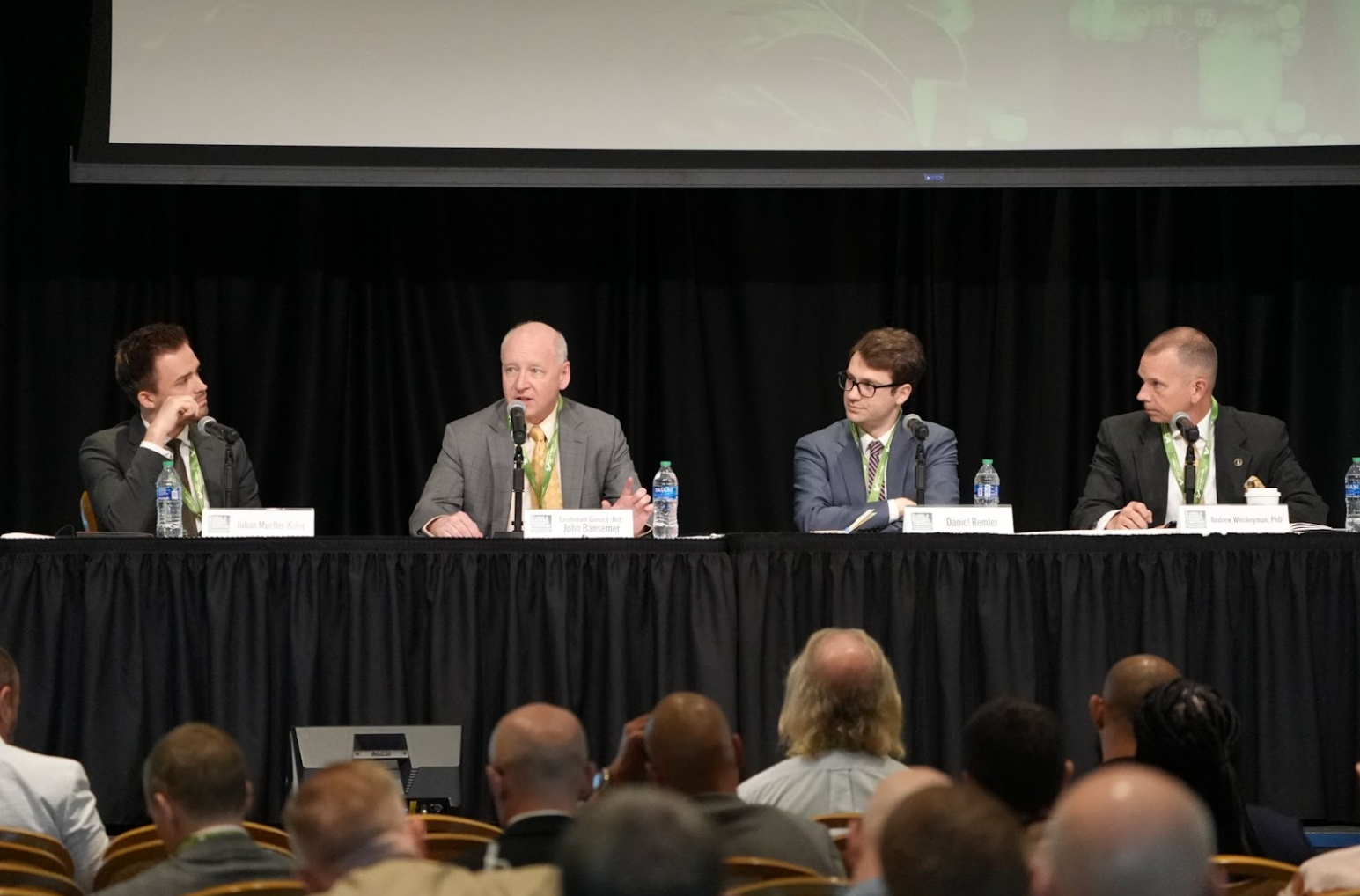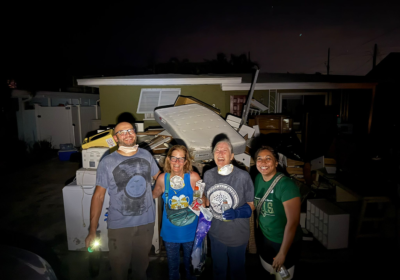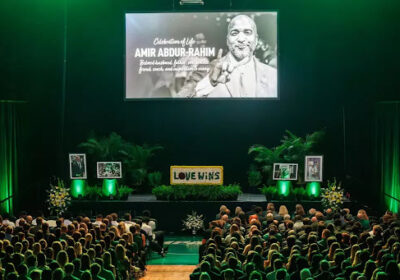USF to host conference on envisioning peace in the Middle East

USF’s Global and National Security Institute (GNSI) will host a two-day on-campus conference to discuss peace in the Middle East.
GNSI’s fourth Tampa Summit will be held at the Royal Ballroom on the second floor of the Marshall Student Center from 8 a.m. to 3:45 p.m. on Tuesday and Wednesday.
The conference’s primary goal is to address ongoing security challenges in the Middle East, according to the event description.
Jim Cardoso, GNSI’s senior director, said the summit will look at the long-term issue of peace in the Middle East — beyond just the “short-term” resolution of the Israel/Hamas conflict.
Support our mission? Donate now
“Certainly, current events have generated strong passions across the local community,” Cardoso said. “However, our academic and apolitical approach will be to address the wider issues that have driven instability in the region for decades.”
The aftershocks of the Israel/Hamas conflict have been felt in universities across the country. At USF, groups of students have called for the university’s divestment from companies “complicit in the ongoing assault on Palestine,” as written in the USF Investment and Divestment Resolution.
Related: Trouble following USF divestment debate updates? Here’s what to know.
Close coordination with University Police was a “standard” part of the planning process for the upcoming conference, Cardoso said.
USF’s GNSI was formed in 2022 to ensure USF helped Florida address large-scale global and national security problems with the help of experts from external academia and the government.
Cardoso said previous GNSI Tampa Summits brought speakers to discuss possible solutions to 21st-century challenges at the local, state, national and global levels.
The three past GNSI conferences covered the following challenges:
- The Struggle for Influence in Middle East, Central and South Asia
- The Future and Ethics of Uncrewed and Autonomous Warfare
- Artificial Intelligence in the Era of Strategic Competition
This semester’s GNSI summit will be titled “Untying the Gordian Knot: Envisioning Peace in the Middle East.”
Cardoso said the Gordian Knot, from the Greek legend of Alexander the Great, was extremely difficult to untie. Nowadays, it serves as a metaphor for problems that are challenging to solve, he said.
“In the legend, the knot was eventually cut,” Cardoso said. “However, as peace in the Middle East is a dynamic and complex challenge, it will take a consistent, nuanced effort to untie it over time.”
Cardoso said the conference will hopefully uncover ways to start untying the knot.
Related: USF profs condemn order to review courses for antisemitism
The summit will bring a broad lineup of speakers from around the world with diverse backgrounds in academia and government, Cardoso said.
Some of the names present at the conference will be:
- Retired Gen. Kenneth “Frank” McKenzie, GNSI’s executive director and former commander of the United States Central Command
- Maj. Gen. Brandon Tegtmeier, chief of staff of the United States Central Command
- Shaikh Abdullah bin Rashid Al Khalifa, ambassador of the Kingdom of Bahrain to the U.S.
The extensive list of panelists can be found on the GNSI Tampa Summit website.
The speakers will be divided into four panels with the following themes:
- Imagining Peace in the Middle East
- The Faith of the Abraham Accords
- A Common Enemy and Cooperative Security
- Disruption in Global Supply Chain Due to Middle East Conflict
Cardoso said during each session, the audience can ask the panelists questions for additional insight. Speakers were instructed to maintain open and respectful dialogue towards the topics and attendees, he said.
“We encourage students, faculty and the local community to attend, listen and engage in civil dialogue with the speakers,” Cardoso said. “We will pursue an open dialogue, allowing our eminent speakers to engage with their peers and conference attendees on the themes and subthemes.”
After the summit, GNSI will publish a report on the key insights and findings developed during the event, Cardoso said.
Cardoso said GNSI worked to create an inclusive agenda with a diverse array of thinkers to better understand the complex issues that impact peace in the Middle East.
“Envisioning a lasting peace in the Middle East has been a multi-generational goal for policymakers and citizens,” Cardoso said. “We seek to leverage USF’s network of thought leaders to at least move the needle toward this highly desired end state.”






